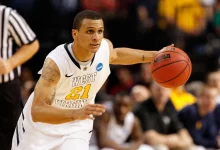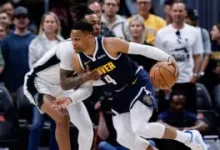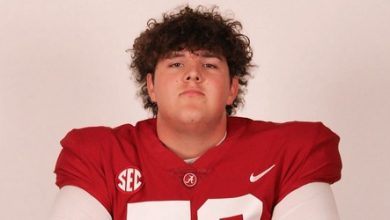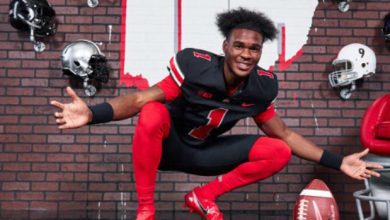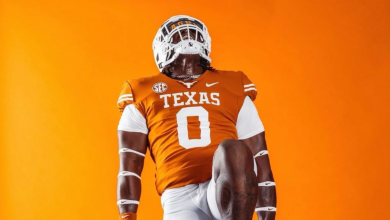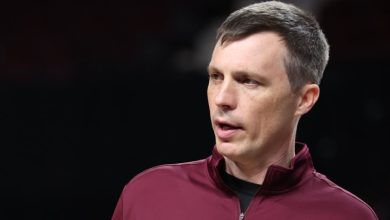Would a coaching change give Oklahoma the spark needed to finish the season strong?
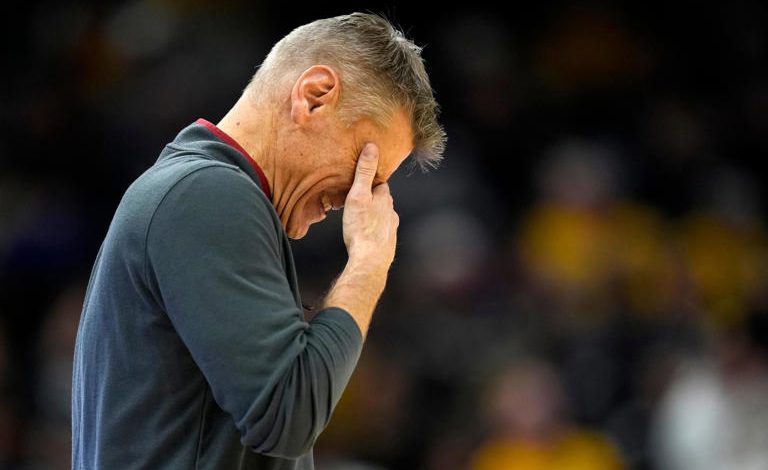
The Oklahoma Sooners have long been one of the most storied programs in college football. Their history is replete with success, marked by numerous Big 12 championships, a rich tradition of Heisman-winning quarterbacks, and national title aspirations every season. However, recent years have seen the program struggle to reach the heights that it has historically enjoyed. With a 2023 season that has been less than stellar for Oklahoma, fans and analysts alike have started asking whether the team needs a spark—a shift in leadership—to turn things around. Would a coaching change provide that spark? Can a fresh face at the helm give Oklahoma the momentum it needs to finish the season strong?
In examining this question, it’s essential to consider several factors: the state of the team under current head coach Brent Venables, the potential for change, the impact a coaching shake-up might have on the program, and the historical context of Oklahoma’s coaching decisions. While the idea of a mid-season coaching change may be drastic, it is not unprecedented, and Oklahoma fans are no strangers to the concept of change in the search for improvement.
Oklahoma’s Struggles Under Brent Venables
Brent Venables arrived at Oklahoma in 2022 with high expectations. Having been one of the most successful defensive coordinators in college football at Clemson, Venables was brought in to replace Lincoln Riley, who had left for USC. Riley had built a high-powered offense at Oklahoma but left behind significant defensive deficiencies that Venables was hired to address.
The initial optimism surrounding Venables was based on his exceptional track record at Clemson, where he helped build one of the nation’s top defenses year in and year out. But as the 2022 season unfolded, it became clear that the Sooners had significant growing pains under their new head coach. A defense that was expected to improve under Venables struggled to find consistency, and despite some offensive talent, the team lacked cohesion and discipline. By the end of the season, Oklahoma finished with a 6-7 record, marking one of their worst seasons in recent memory.
Heading into the 2023 season, expectations were somewhat tempered. Venables had the opportunity to recruit his players and build the program to his specifications, but questions still lingered. Would his defensive systems and recruiting prowess eventually pay off? Or were the struggles of 2022 a sign that the program’s best days were behind them?
As of the midway point in the 2023 season, Oklahoma still seemed to be on the precipice of something, but that potential had not yet materialized into consistent success. While there were moments of brilliance, including competitive games against top-tier opponents, the Sooners still faced issues on both sides of the ball, and questions surrounding Venables’ leadership continued to grow.
The Case for a Coaching Change
A coaching change is often considered when a team struggles to meet expectations, particularly when the program has a rich history of success. In the case of Oklahoma, some may argue that a coaching change would provide the spark needed to turn things around. The reasoning for this argument lies in several key factors.
- Stagnation Under Venables’ Leadership
Venables has certainly had time to instill his culture and implement his systems, but the results have been inconsistent. While the defense has made improvements since his arrival, it has not yet reached the level of dominance that many expected. The Sooners’ offense, which was once a juggernaut under Lincoln Riley, has failed to reach its potential. Under Venables’ watch, there have been clear signs of stagnation in terms of offensive efficiency and defensive toughness.
With the 2023 season slipping away, a change could bring a much-needed fresh perspective. A new coach could inspire the team to reach new heights and reinvigorate players who might feel that they’ve plateaued under Venables. Coaching changes are sometimes the catalyst needed for players to rally together and perform at a higher level.
- Inspiring a New Identity
Oklahoma’s football identity has historically been built on a potent offense, but in recent years, that identity has faltered. Lincoln Riley’s departure left a significant void in terms of offensive innovation, and while Venables has brought in some fresh ideas on the defensive side, the program’s overall identity remains unclear.
A coaching change could offer a new direction and a more defined identity. A new head coach might bring a unique offensive philosophy or a new approach to team culture that could reignite Oklahoma’s passion and sense of purpose. When programs make a successful coaching change, they often experience a transformation in their identity—both on and off the field—and that could be exactly what the Sooners need to finish the season on a high note.
- Recruiting Impact
One area where a new head coach could provide a significant advantage is in recruiting. Oklahoma has always been a top destination for elite high school talent, but with Venables struggling to deliver on the field, the program could be in danger of losing ground to other top programs in the recruiting race. A change in leadership could revitalize recruiting efforts, attract new talent, and possibly retain top recruits who may have been on the fence about committing to the Sooners.
Recruiting is an essential part of maintaining a program’s success, and a coaching change can be an opportunity to reinvigorate the recruiting strategy. A new head coach would bring a fresh pitch to recruits, a new vision for the program, and potentially more success on the field, which could attract highly sought-after prospects for the future.
The Case Against a Coaching Change
While the idea of a coaching change has its allure, there are several compelling arguments against it as well. Mid-season coaching changes often lead to uncertainty and disruption, and the results of such moves are far from guaranteed.
- Building Long-Term Success with Venables
Venables was brought in for a reason: he is an excellent defensive mind with a track record of success at a national level. While the program has faced some early struggles, many within the Oklahoma fanbase believe that Venables is the right man for the job in the long term. The program needs stability and continuity to build something sustainable, especially after Lincoln Riley’s departure to USC.
A knee-jerk reaction to struggles, such as a mid-season firing, could undermine the long-term vision that Venables has for the program. Moving away from Venables could stall the rebuilding process and potentially set the program back further, making it harder to achieve lasting success. There is also the risk of recruiting instability, as a coaching change would send a signal to recruits that Oklahoma is not a program committed to stability.
- Lack of Immediate Impact from a New Coach
Hiring a new head coach mid-season rarely leads to immediate results. College football teams need time to adjust to new systems, and a mid-season change could lead to more confusion rather than progress. Even if a new coach were brought in to finish the season, it’s unlikely that they would have enough time to make a significant impact on the field. The new coach would be inheriting a team in the middle of a difficult season, with players who are already accustomed to Venables’ coaching style.
Rather than causing further disruption, sticking with Venables and allowing him to work through the issues could ultimately be more beneficial in the long run. Stability, time, and patience are often crucial for building a championship program, and abandoning that vision mid-season might not be the right call.
- Player Support for Venables
Another consideration is the support that Venables has from his players. Coaches often have a strong relationship with their players, and a mid-season firing could negatively affect team morale. Oklahoma’s players have likely bought into Venables’ philosophy and leadership, and a sudden change could disrupt their focus and effort for the remainder of the season.
Player development also takes time, and Venables is in the process of molding a team that fits his vision. A change in leadership could set that progress back and leave the players unsure about their future.

